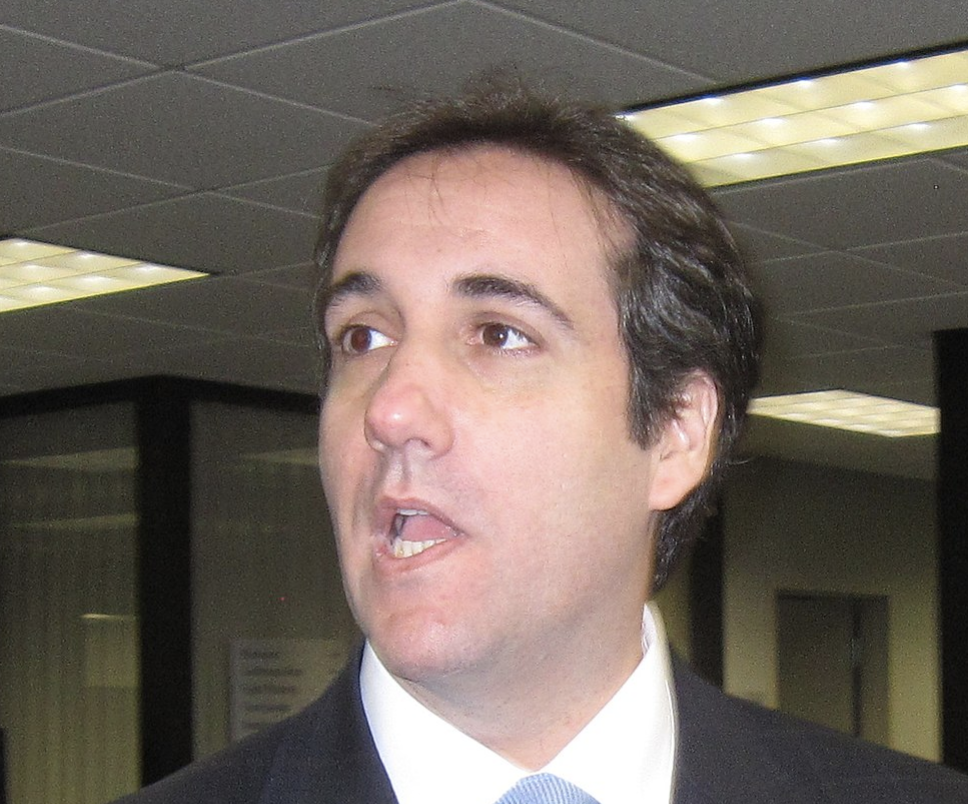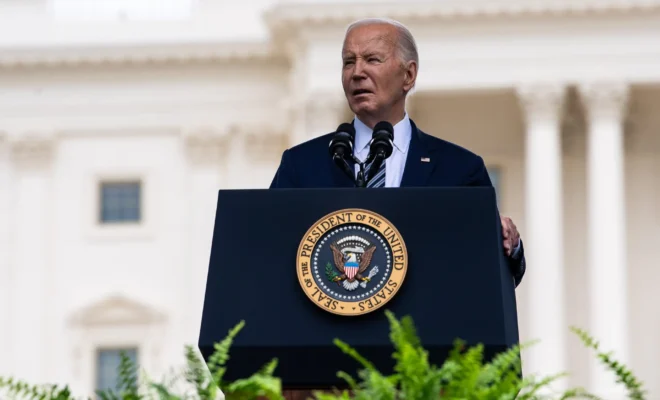On Tuesday, former President Trump's ex-attorney, Michael Cohen, lost his appeal to reignite his claim the then-president used his powers to retaliate against him.
Cohen, who was referred to as Trump's “fixer,” pleaded guilty to campaign finance violations, tax evasion, and lying to Congress, and while incarcerated, he began writing a tell-all book detailing his experiences with the former president.
Cohen's book “Disloyal: A Memoir” debuted at No. 1 on the Amazon bestseller list when it was released.
The former Trump ally was released in May 2020 but was later returned to prison over a dispute about whether he could speak with the media about his upcoming book while in home confinement.
The American Civil Liberties Union (ACLU) filed a lawsuit alleging that Cohen was sent back to prison in retaliation for the book.
According to The Hill, Cohen attempted to revive the retaliation claim against Trump, but a decision from U.S. District Judge Lewis J. Liman, a Trump nominee, dismissed the complaint for the second time.
Liman first dismissed Cohen's claims that putting him in solitary confinement conditions for 16 days violated the Constitution by undermining his free speech. He claimed it subjected him to an illegal seizure and cruel and unusual punishment.
In Tuesday's dismissal, Liman reiterated that Cohen does not have a viable claim to say a federal officer, on behalf of federal authority, violated the Constitution.
In his brief, Cohen asked Liman to reverse the court's dismissal and recognize that “where such a grievous injury is done to a citizen's rights and to the nation's rule of law, there must be a remedy.”
READ NEXT: Bill Clinton Identified 50 Times In Epstein Court Docs































